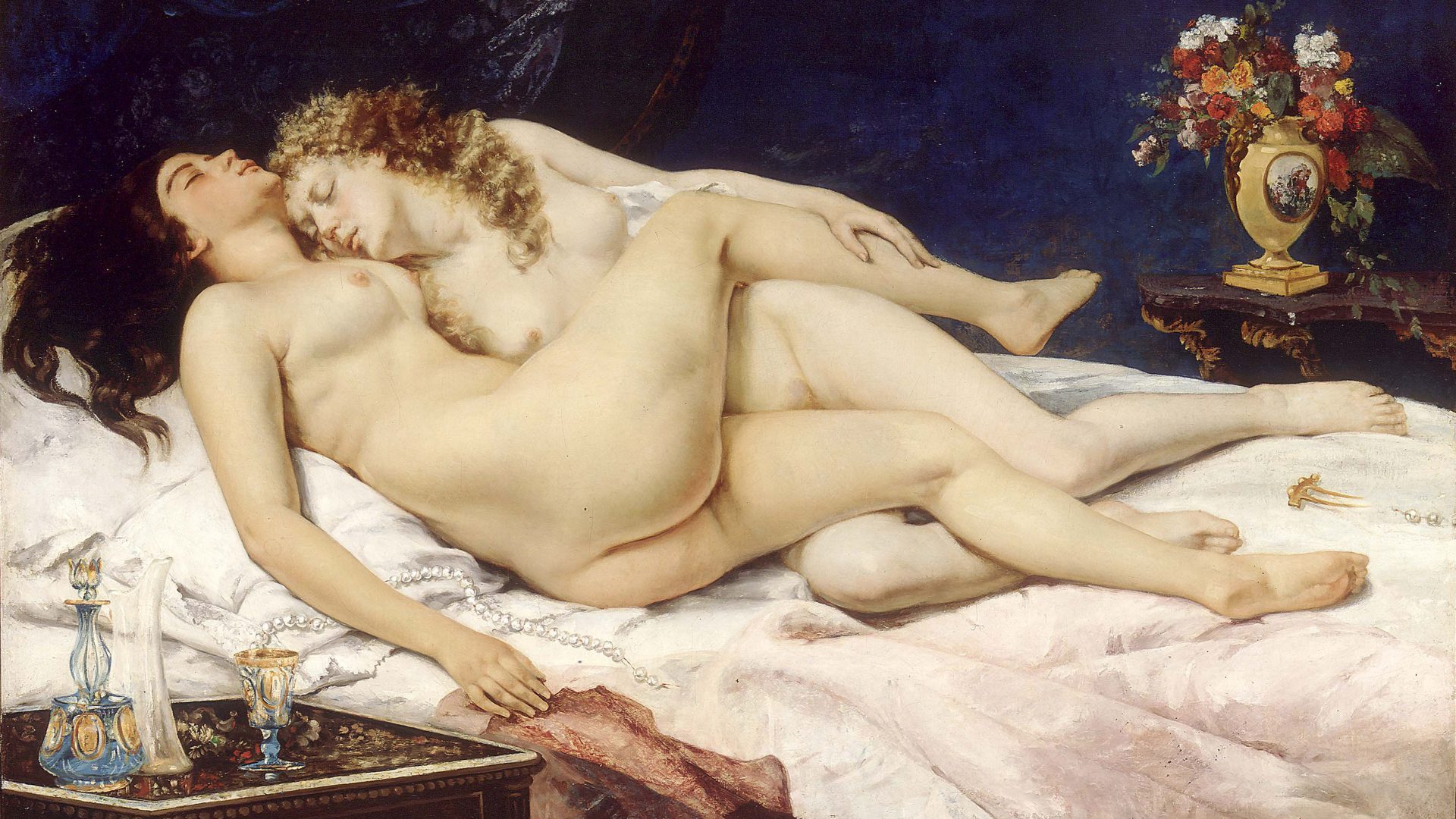The European past is soaked in stories. With such diverse peoples clustered together in a relatively confined space among such diverse topography, it’s
inevitable that, from the rise and fall of empires downwards, our continent
will be equally diverse in the kind of stories it holds.
Some are better at telling those stories than others. A few are exceptional at it, and there are not many novelists writing today who can conjure a European past as vividly as Hannah Kent. From her 2013 debut Burial Rites to new novel Devotion, Kent has proved she is a master at immersing the reader in a particular place and a particular period, specialising in stories of women on the margins trapped in close-knit communities and claustrophobic situations.
In Burial Rites, shortlisted for the Women’s Prize for Fiction, Kent took the true story of the last woman to be executed in Iceland, Agnes Magnúsdóttir, convicted in 1829 with a male accomplice of the murder of her master, and turned it into one of the finest debuts of the decade. Magnúsdóttir’s execution had to be held over until ratification arrived from Denmark the following spring, so she was billeted for the winter with a family at a remote farm in the north of Iceland. The novel is Kent’s imagining of that long, dark winter on the farthest fringe of Europe.
Burial Rites is a masterpiece of historical fiction, placing the reader in that dingy farmhouse as blizzards and gales rage outside and the potent dynamic of family, convict and priest assigned to visit Agnes for her spiritual guidance plays out. We can almost smell the smoky, dark wooden panelling of the walls and the burning oil in the lamps, staying gripped to the last page despite knowing this is a story with no happy ending.
Four years later came The Good People, another novel based on real events during the same period, this time the story behind a court case in Kerry in the far south-west of Ireland. When Micheál, a young boy being cared for by his grandmother after the death of his mother, becomes permanently listless and unresponsive their tiny rural community is soon awash with fearful superstition, especially when the local doctor and priest can find neither explanation nor solution for the boy’s condition. He is, they whisper, a changeling, the real Micheál having been taken by the fairies, the “good people” of the title.
Nance Roche becomes involved, a woman steeped in folklore and herbalism who lives separately from the rest of the community, sparking a struggle between reason, religion and the magical mystery of the wise woman with the plants, roots and sagacious aperçus.
While not as strong as Burial Rites – there was a slight sense that Kent was channelling every example of Irish folklore and superstition she could find into Nance Roche – the evocation of time and place was again beautifully crafted.
Kent returns to early 19th-century Europe in Devotion for another tale of women on the edge of a close-knit society that is already repressed by patriarchy and religion. Where her first two novels focused on specific
historical events, Devotion is inspired mostly by the author’s ancestry.
Remarkably, this insightful chronicler of the recondite byways of the European past was born, raised and lives in the Adelaide Hills in Australia,
close to where some of her ancestors settled after emigrating from Prussia
in the 19th century. This emigration narrative underpins Kent’s most ambitious novel yet.

(Photo: Stuart C Wilson/Getty)
It’s 1836 and Hanne Nussbaum is a teenager living in Kay, a rural settlement in Prussia, now the small town of Kije in western Poland. She is part of an Old Lutheran community, strict Protestants who eschewed the controversial Prussian Union of 1817 through which Frederick William III sought to unite the various strands of Protestantism practised in his kingdom. They are religious outcasts, self-sufficient but oppressed and shunned, their church locked and chained, their pastor on the run and Hanne’s father, a church elder, leading furtive services held in secret deep in the woods.
The Nussbaums stand out as pious even in such an uber-pious community and Hanne, tall and awkward, growing uncertainly into herself mentally as
much as physically, is friendless. Ostracised by her peers, her parents show no hint of affection towards her and she fears she will never fit in.
“Christiana, Henriette and Elizabeth knew what to say at which occasion, how to make everyone laugh or smile, how to please their parents and
themselves,” says Hanne of the other girls in the village. “They came together in a dance I did not know the steps to.”
The Nussbaums are enduring the loss of their oldest child, Gottlob, who died after falling from a horse, but instead of grieving have all but written him out of the family history. The parents rarely mention his name, let alone remember him, preferring instead to speak almost exclusively in biblical aphorisms.
Then a new family arrives, the Eichenwalds, the antithesis of the Nussbaums, talking openly of their feelings and being unselfconsciously tactile with each other, freer spirits at odds with the rest of the community.
This of course arouses suspicions, particularly of Anna Maria, a midwife
and herbalist of remarkable perception who invokes whispers of witchcraft.
Hanne feels an instant bond with their daughter, Thea, and a deep friendship develops, played out in the beautifully described landscape of the
Prussian forest. This is a musical book in many respects, not least in how Hanne can hear the singing of the trees, plants and creatures, possibly a
form of synaesthesia, and in Anna Maria’s description of her daughter to Hanne as “dancing to her own music”.
What was intended originally as a story of female friendship was upended by Australia legalising same-sex marriage in 2017, just as Kent had commenced work on Devotion. Her partner, Heidi, immediately proposed
and the couple are now married with two young children, the air of celebration inspiring the author to turn her novel into a love story. It’s one
that eschews the trope prevalent in historical fiction that queer love must
be furtive and clandestine, preferring to make Devotion a tale of “music
instead of silence, presence instead of absence” that is “on many levels pure
and untainted by shame or by punishment”.
Hanne and Thea share their first kiss among the trees of the forest in one of the book’s tenderest moments, triggering a relationship fired by an intense love forged in mutual recognition, innocence and joy that makes the heart of even this grizzled old hack soar.
Where Kent’s previous books have focused intensely on one remote location, Devotion breaks free of its early geography: permission is granted for the Old Lutherans of Kay to emigrate to South Australia and found their own community, free from the persecution of home.
The voyage of the Kristi, a ship on to which 200 emigrants are crammed for a six-month voyage that features storms, disease and steepling seas is vintage Kent: unflinching, vivid and triggering all the senses. Never has seasickness been so accurately portrayed, nor the everyday hardships of a long sea voyage on a crowded vessel during the age of sail. We hear every creak of the ship’s timbers, feel the lurch every time the bow plunges over the top of a vast Atlantic wave and let the heady musk of the fetid hold fill our nostrils.
The voyage also features a genuinely shocking plot twist that defines the final section of the book, in which the community embarks on its new
beginning in the Adelaide Hills, one that raises Devotion from a beautifully
written story of love and emigration into something much more profound.
When we think of European historical fiction we tend to focus on, say, the great French and Russian novelists of the 19th century, incredible stories brilliantly told, set in places whose names are familiar to us yet feel so distant from our own times and lives. What makes the work of Hannah Kent different is how she transports the reader to the fringes and hinterlands of our continent in stories that are at once absorbing and relatable, books that make us think hard about Europe and its past, especially the plight of women in the dark corners of European history and geography. She gives voice to the oppressed and the marginalised whose voices have been absent from the conversation for too long, and makes them sing down the centuries.
On this continent of stories, few tell them better than Hannah Kent.
Devotion by Hannah Kent is published by Picador, price £14.99




